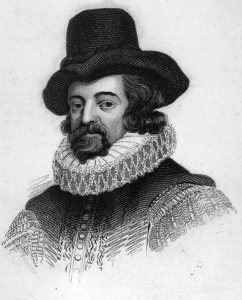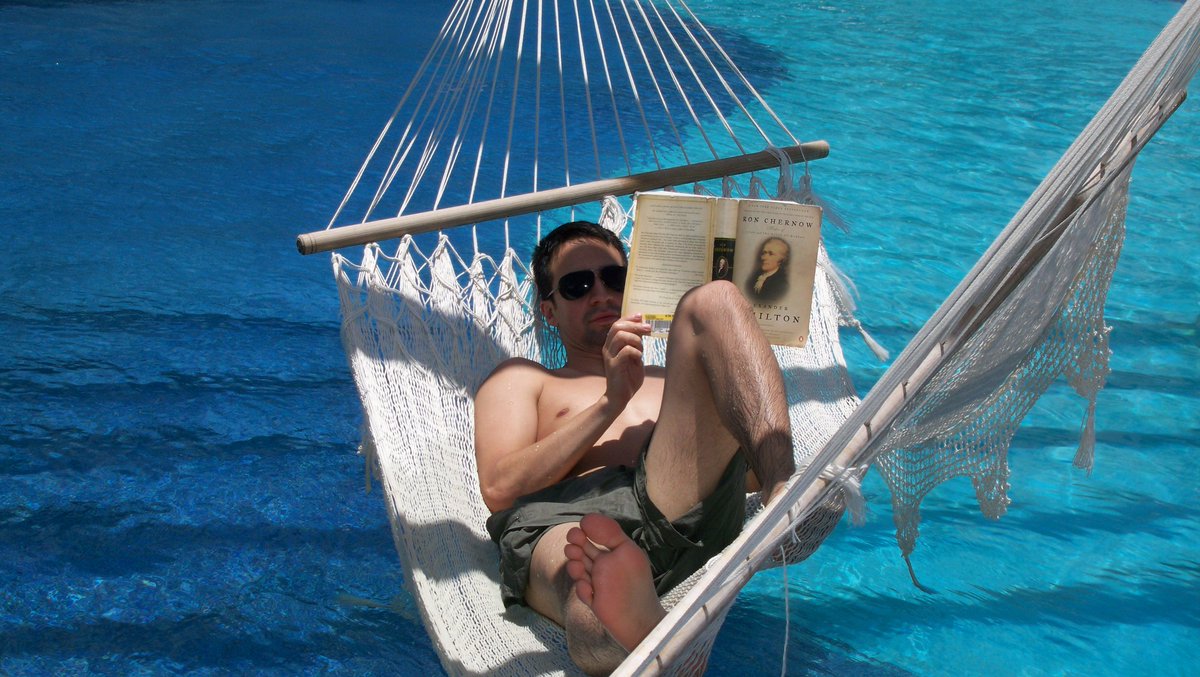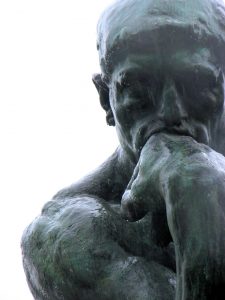
This is the time of the semester, the reading is piling up. But, let us tempt you to take time to read for pleasure. Check out the CUA Popular Reading Collection!
Consider these thoughts;
“Last year, the average American over 15 years old spent around 3 hours watching television every day. In contrast, only 15 minutes a day were spent reading.” From Technology is Not the Death of Deep Reading by Emilie Hancock.
“Consider, however, the fact that, as Matthew Wilkens points out, in 2011 more than 50,000 new novels were published in the United States alone. ‘The problem of abundance’ is a problem for every person who has an internet connection, and it is a professional problem in every corner of literary study.” From The Death, and Life, of Reading Have Been Greatly Exaggerated by Dr. Amy Hungerford
Our attention is divided and there is always more to read. The good news is, that while we may be spending less time reading, “People who read books regularly are on average more satisfied with life, happier, and more likely to feel that the things they do in life are worthwhile.” 2014 BookTrust Report.
Dr. Hungerford finishes,
My friend the Welsh poet Gwyneth Lewis offers a culinary metaphor: The attention of readers is not, she says, “a boiled egg” but “an omelet.” This is a beautiful and generous thought. Treated with skill and respect, the mind of the reader — and the collective of many readers’ minds — can contain multitudes. In the face of a multitude of books curated most often by the profit motive, it is incumbent upon those somewhat protected from market imperatives — that is, scholars paid by universities to spend their time reading and thinking and teaching and writing — to stuff the omelet deliberately. To do that, we will all need to scour the shelves for the most delicious ingredients, and also set some loudly touted ones aside.
How do you keep up with your reading? No wonder you may need a late night snack to power you through!
— Kimberly Hoffman

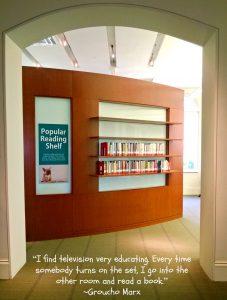


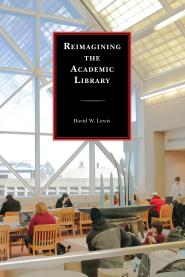 I quote from the Spring 1997 Editor’s Page of The Society for Historians of the Early America Republic.
I quote from the Spring 1997 Editor’s Page of The Society for Historians of the Early America Republic.